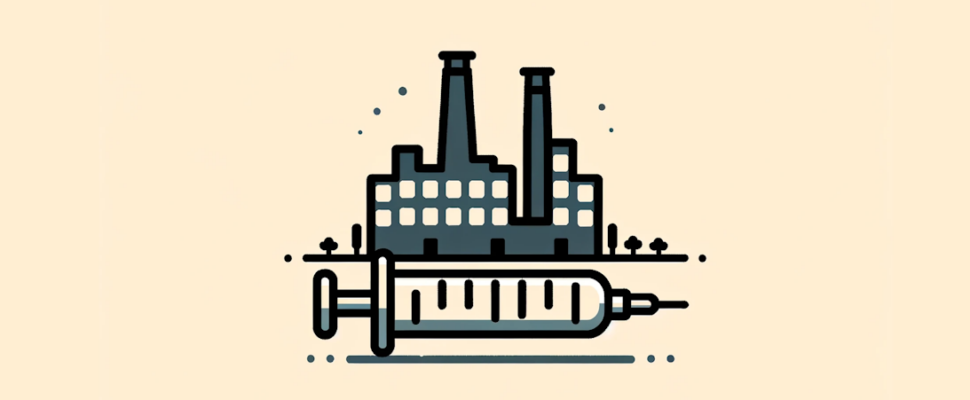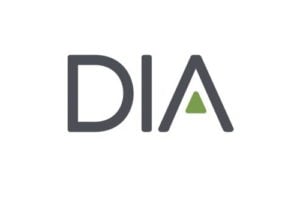Writing in the February 2024 edition of the DIA Global Forum magazine, Verena Pfaffinger and Ilona Baraniak-Lang of PharmaLex examine how the drug shortages seen in the global south during and after the COVID-19 pandemic can best be overcome through the adoption of decentralised manufacturing.
The COVID-19 pandemic exposed significant challenges in the pharmaceutical global supply chain, leading to severe shortages of drugs and vaccines worldwide. This resulted in a pronounced inequity in distribution, particularly disadvantaging the Global South. This disparity is largely due to the dependency of low- and middle-income countries (LMICs) on pharmaceutical manufacturing in more industrialized nations. To mitigate this inequity and ensure supply of medicinal products across the globe, manufacturing of medicinal products needs to be decentralized through the establishment of manufacturing sites in LMICs.
Overcoming Dependency on Vaccine-Manufacturing Countries
This approach involves local production of essential medicinal products to address the urgent needs of the LMIC. A major challenge in this process is the development of a pharmaceutical industry in regions with nonexistent or very basic regulatory systems, while ensuring high-quality production of pharmaceuticals.
We propose a model of parallel technology and regulatory (Tech and Reg) transfer, through which manufacturing technology alongside regulatory control mechanisms are transferred from developed regions with established pharmaceutical industries to LMICs. This model is a good entry point for any country that has a less experienced national regulatory agency, as it ensures that pharmaceutical production adheres to the highest international standards.
As a starting point, products to be manufactured in LMICs must already be authorized by mature agencies. This approach requires that the manufacturing sites located in LMICs be included in the marketing authorization issued by a mature agency. In this way, national regulatory agencies in LMICs can use reliance schemes to execute the necessary regulatory functions—for instance, by recognizing marketing authorizations or Good Manufacturing Practice (GMP) licensure issued by mature regulatory agencies.
Building on this concept, the precedent for a Tech and Reg transfer was set through a collaborative effort known as Vaccine Equity for Africa. This led to the BioNTech Comirnaty SARS-CoV-2 mRNA vaccine technology being transferred to Rwanda based on the European Community Marketing Authorisation of this product. The BioNTech Kigali facility was opened in December 2023, an important step in making the African continent more independent from global vaccine manufacturers in the north. In the near future, in addition to the SARS-CoV-2 mRNA vaccine and others licensed in the EU or other mature regulatory regions, this approach will focus on the manufacture of vaccines that are mainly needed for Africa and not necessary for more industrialized nations. The ultimate goal of this Rwandan approach is to address as many unmet medical needs of the continent as possible and to provide equitable access to globally needed vaccines.



